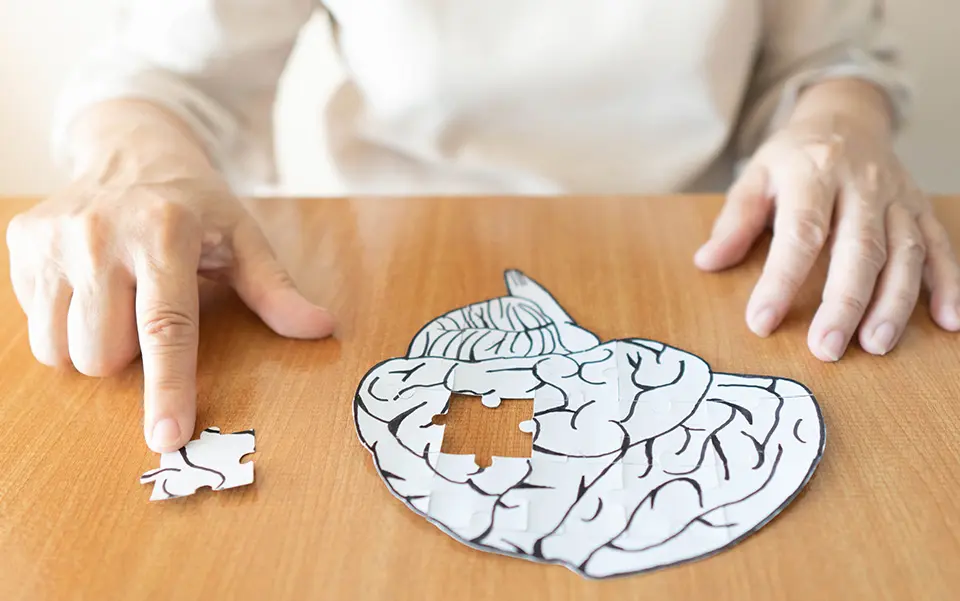May 20, 2024
How to Explain Dementia to Children and Teens
Coping with a loved one’s dementia diagnosis can be difficult for people of all ages. Children and teens may be particularly confused as they try to understand the changes in their family member. It’s important to discuss your senior’s condition with your child to help them process their feelings and learn what to expect.

Signs of Discomfort
Your child might feel sad, angry or scared as they come to terms with their grandma or grandpa’s condition. Those emotions may stem from their inability to grasp the situation or frustration at the lack of time they get to spend with you.
Common signs of mental discomfort include:
- Withdrawing from social situations
- Argumentative behavior
- Issues in school
- Frequent stomach issues and headaches
- Spending more time away from home
- Not hanging out with friends
Discuss Changes in Behavior
Your son or daughter may not know how to respond if their grandpa forgets their name or doesn’t recognize them. They might also have questions about why their grandma doesn’t want to eat.
Dementia can cause disorientation, restlessness and agitation, which may be difficult for your child or teen to grasp. Explain dementia symptoms in simple terms to your child early on, so they have time to process.
If your son asks why his grandpa seems confused during a visit, you could say “Grandpa has a condition that sometimes makes him forget where he is or who we are.”
Emphasize Empathy and Compassion
While it’s important to teach your child that their emotional responses are acceptable, they also need to practice compassion. Explain that their grandma’s condition doesn’t mean she loves them less so they can learn to empathize with her. Brainstorm ways to be patient if your loved one gets upset, so your child knows how to behave if their grandma or grandpa is having a bad day.
Maintain Open Communication and Honesty
It’s not unusual to want to shield your child from the diagnosis but children are intuitive. Tell your son or daughter about the diagnosis as soon as possible so they can cope with their emotions. They could also experience a sense of betrayal or exclusion if you wait to tell them.
Open communication allows your child to develop healthy coping skills, too. Observing how others handle fear and sadness can help them discover skills for dealing with stress in the future. Learn about dementia causes, symptoms and disease progression together.
Let Them Express Themselves
Journaling, drawing, singing and dancing are all forms of self-expression that may help your child cope. Your son or daughter needs to find a healthy way to manage their mental well-being, especially if they don’t want to talk. Set up a schedule to assess how your child is coping. Let them explain their emotions in their terms and let them know it’s also okay to not know how they feel.
Activities for Adults with Dementia
Socializing with their grandma or grandpa allows your child to get used to the behavioral changes associated with dementia. It’s also important for your loved one to interact with family and friends to reduce their risk of isolation.
Here are some family-friendly activities:
- Read a book together.
- Listen to music.
- Watch a movie or TV show.
- Take a walk.
- Garden or plant flowers.
- Paint, draw or craft.
- Look at photos and share stories.
- Create a memory box or scrapbook with personal items.
- Cook or bake favorite foods.
Dedicated Memory Care at Embassy Healthcare
Your loved one’s emotional comfort and well-being are our top priority. Embassy’s dedicated memory care team provides personalized clinical services to ensure your mom or dad gets the support they need. Call 216-378-2050 to learn more about our Empower Memory Care program.
